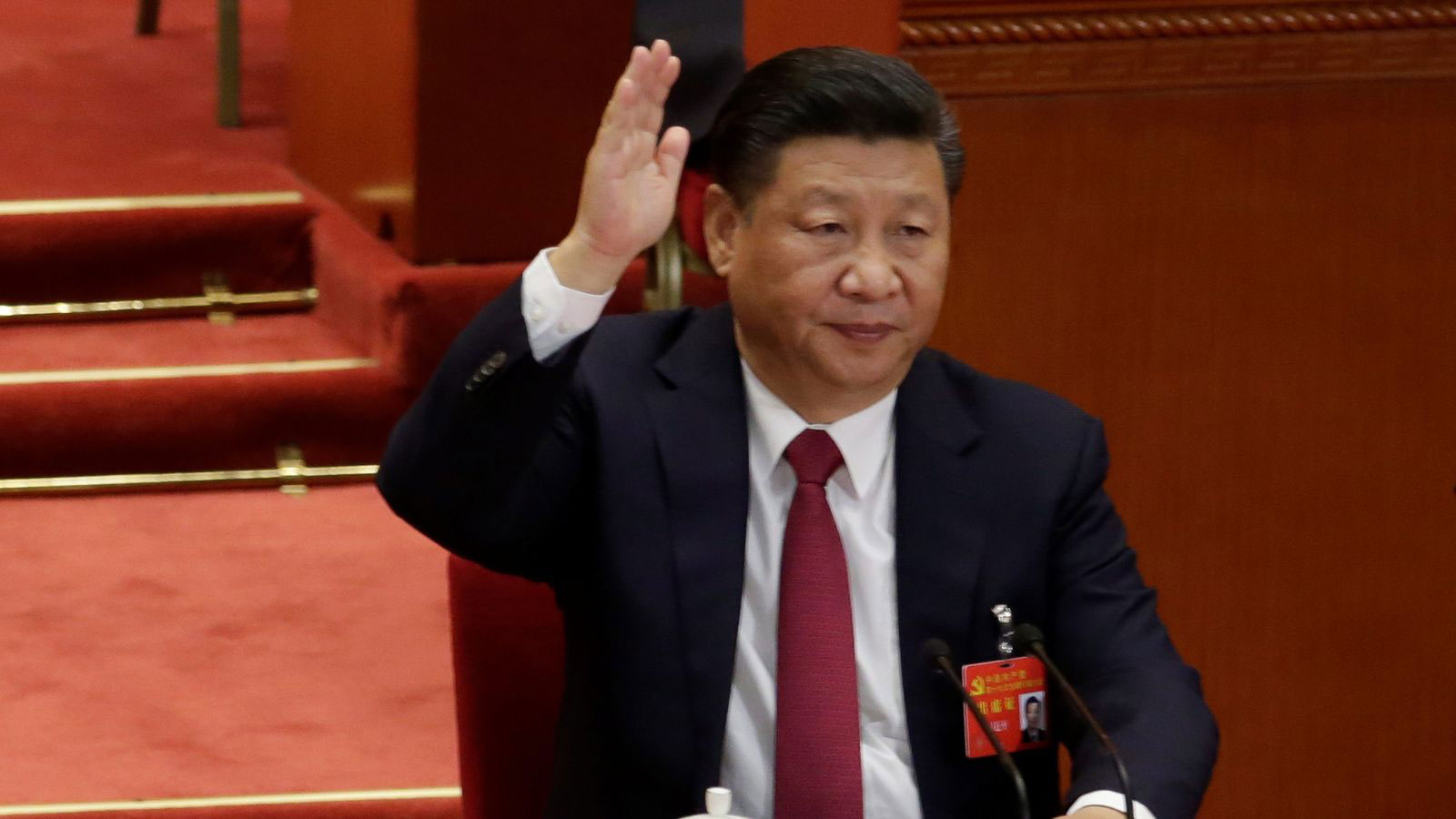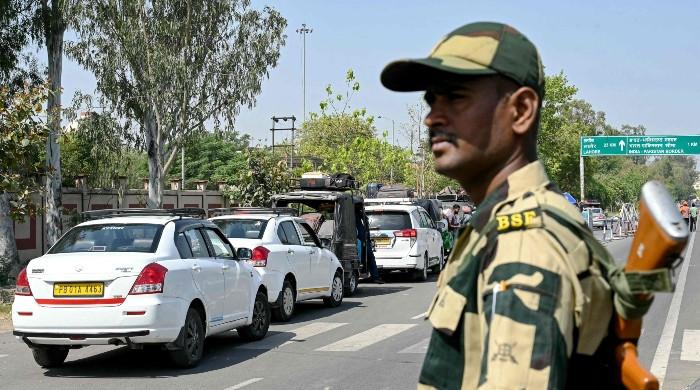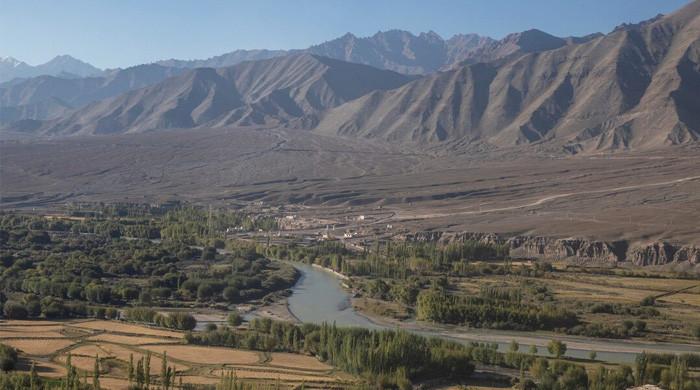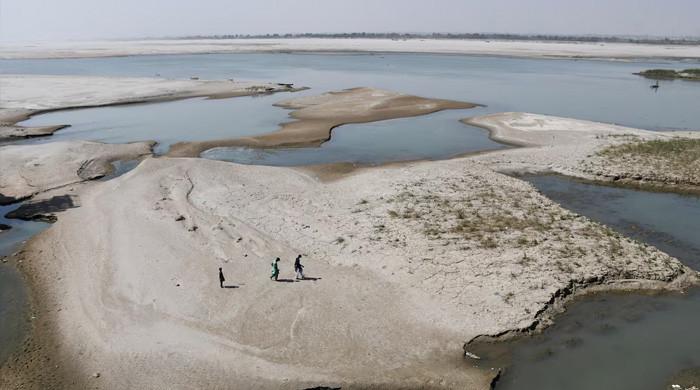Learning from China: Political lessons for Pakistan
China’s economic prowess does prove one thing: That the Western models are not the final word on political and social systems
November 19, 2017

China’s successful economic policies have made is the world’s second-largest economy. Everyone, it seems, is finally waking up to China’s vast potential. And luckily for Pakistan, its ties with China have soared over the years, as the two pivot closer to each other with grand projects like the China Pakistan Economic Corridor. But it would also serve Pakistan well to take a closer look at its neighbour’s internal politics.
Last month, the ruling Communist Party convened its 19th National Congress. This gathering is held every five years and used as a platform to unveil new leaders and to set political and economic targets for the next five years. This year, at least 2,200 members of the Communist party selected 200 leaders, with voting rights, who will then form the Central Committee of the party. Also, hand-picked on the day were eight members to the powerful Standing Committee, a body which holds more authority than most others in China. In 2013, this very Committee appointed Xi Jinping China’s president for ten years.
Since then, Xi has taken up important reforms, especially to curb corruption. Such measures have led to the downfall of some powerful pillars of the Communist party, including Bo Xilai (former top leader of Chongqing City) and Sun Zhengcai (former top leader of Chongqing City after Bo Xilai). More than 5,000 officers of the People’s Liberation Army were also sentenced for graft. At the recent Congress, Xi boasted that China is taking its rightful place as one of the greatest nations in the world.
As far as economic progress goes, more than 30 years ago, China had come to realise that state socialism alone couldn’t take them down the path of success. So Chinese leaders opened up the market, which took China on a dizzying rise to the top of the economic growth chart. In a way, the Chinese model of economics has emerged as an alternative to Western capitalism. The Western world considers economic progress as a result of capitalist democracy. But China has cast this long-held belief into doubt.
After the fall of the Soviet Union in 1991, the Western concept of democracy was presented almost as the word of God. The progress and prosperity of countries were evaluated using this yardstick. Francis Fukuyama in his book, The End of History and The Last Man (1992), announced the triumph of liberal democracy in the great battle between the East and West. But now, new models of governance are showing up in the East.
In the book, The Fourth Revolution: The Global Race to Reinvent the State, the authors argue that the world is in the midst of a fourth revolution, and it is the Western governments that are in danger of being left behind. They add that the West has no equivalent of the way in which China’s civil bureaucracy and leadership are being trained for the future.
China is achieving all that the Western world achieved, but in considerably less time; decades versus centuries. One of the reasons is the state’s focused and clear direction on where investments should be made. Such concentrated attention has made China stable, while the Western world is slowly losing control over its own people.
European and American electoral processes involve promising the impossible to the voters, and once in power, political parties focus on winning the next elections, instead of formulating long termed policies of reform. Meanwhile China, after training its leaders, gives them longer periods to rule, so that any chance of political instability is completely removed from the picture. In this way, their concentration remains focused on social and economic development.
Despite all this, it would be a fallacy to say that China’s political model is perfect. It is a bitter pill for the Chinese people to swallow, that despite the whirlwind rise to economic stardom, the unequal division of wealth is widening. Rising corruption has become a headache for the Communist Party, with many of its leaders involved in cases of misconduct and fraud. Then there is nepotism. These examples just go to show that humans as yet have been unable to form a perfect or near flawless, practical form of government. However, China’s economic prowess does prove one thing: That the Western models are not the final word on political and social systems.
Javaid is a senior researcher at Geo News
Write for us! Send in your submissions to [email protected]
Note: The views expressed in the article are those of the author, and do not necessarily reflect the official policy or position of Geo News or the Jang Group.











